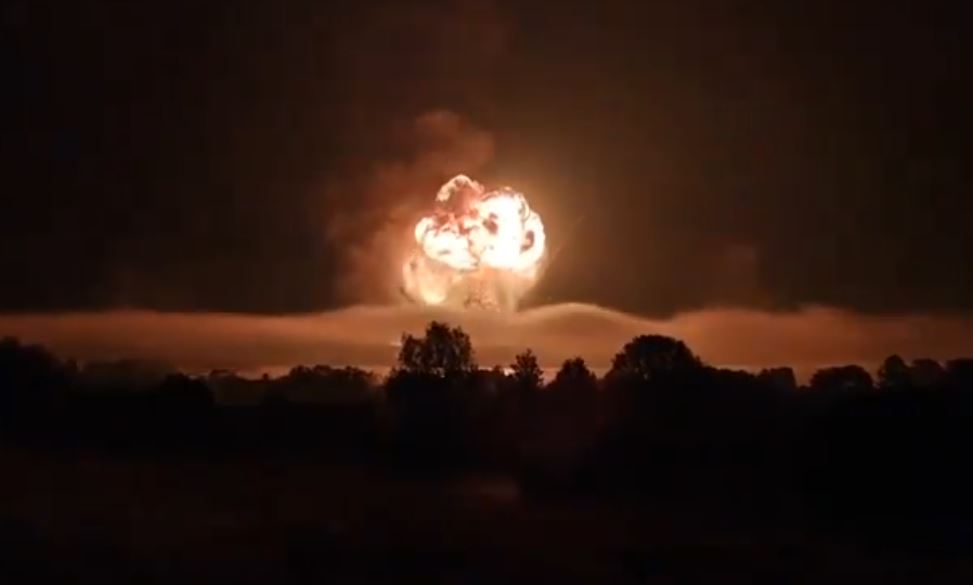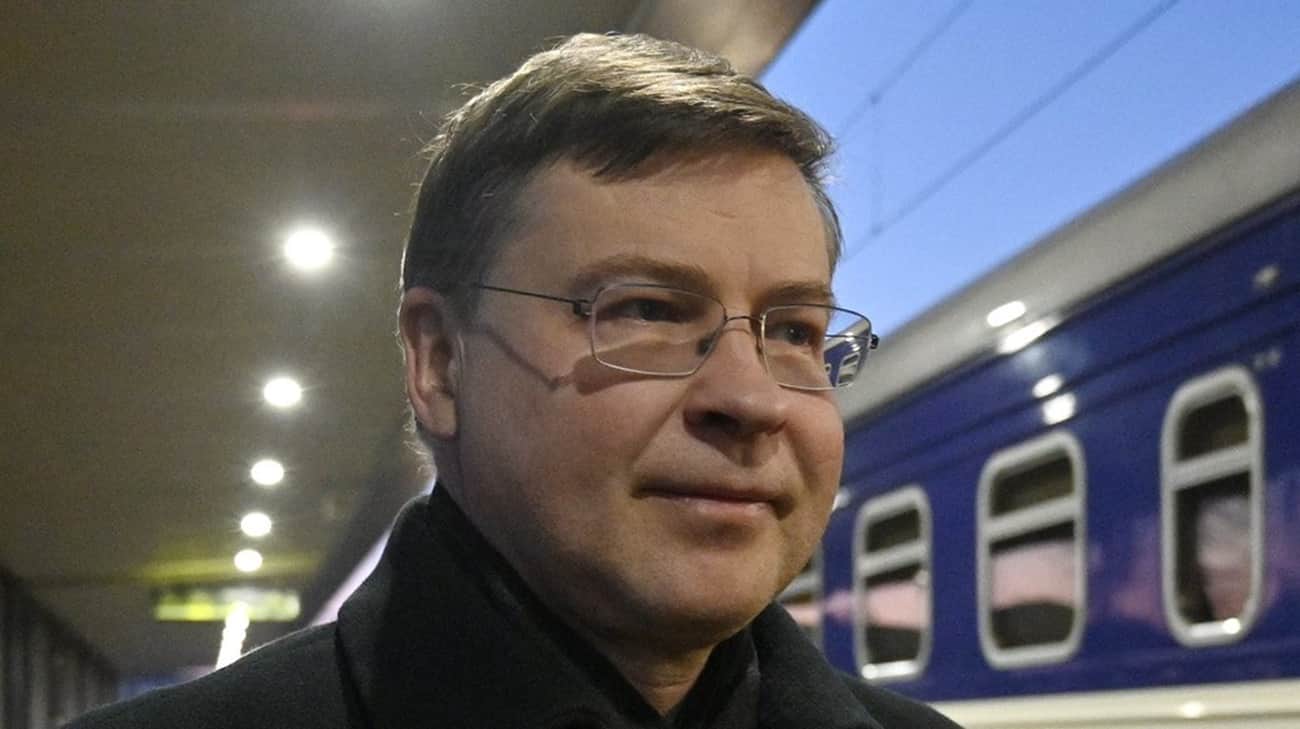Russian artillery fire drops 50% after Ukraine hits ammo plants, army chief says
The consumption of artillery shells by the Russian army has dropped by half, a result of Ukrainian strikes…


The consumption of artillery shells by the Russian army has dropped by half, a result of Ukrainian strikes on Russian industrial facilities, Commander-in-Chief of the Armed Forces of Ukraine Oleksandr Syrskyi told Andrii Tsaplienko in an interview, Ukrinform reports.
“Over the past few months, the Russian army’s daily artillery shell usage has been reduced by half. Previously, it reached up to 40,000 rounds per day, but it is now significantly lower,” Syrskyi explained.
He noted that Ukraine’s strategic strikes have successfully achieved their objectives.
“We’ve accomplished all our goals. Primarily, we focus on military targets that influence enemy operations. In addition, we strike factories and plants producing ammunition, missile components, or dual-use goods. Enemy oil refining facilities are also among our targets,” Syrskyi stated.
Earlier, Ukraine’s military intelligence conducted a successful cyberattack against a critical service provider for Russian Railways, which coincided with the 39th birthday of Kyrylo Budanov, the head of Ukraine’s Main Intelligence Directorate.
RegionTransService LLC plays a vital role in Russia’s railway infrastructure, managing the complete lifecycle of freight cars from manufacturing registration through maintenance to disposal. The operation on 4 January resulted in the destruction of 78 servers and 211 workstations, including their backup systems.
Related:
- Russia resorts to cyberattacks on Ukraine’s energy system before conducting massive shelling
- National Bank of Ukraine: Russian cyberattack reduced banks’ ability to open accounts and issue loans
- Ukraine’s intelligence launches cyberattack on Russian war-linked resources
- The Telegraph: Russia to retaliate for Storm Shadow strikes by launching cyberattacks on UK’s energy, leaving millions without electicity
- Germany says Russia behind massive cyberattack last year after Berlin decided to send Ukraine tanks
You could close this page. Or you could join our community and help us produce more materials like this.
We keep our reporting open and accessible to everyone because we believe in the power of free information. This is why our small, cost-effective team depends on the support of readers like you to bring deliver timely news, quality analysis, and on-the-ground reports about Russia's war against Ukraine and Ukraine's struggle to build a democratic society.
A little bit goes a long way: for as little as the cost of one cup of coffee a month, you can help build bridges between Ukraine and the rest of the world, plus become a co-creator and vote for topics we should cover next. Become a patron or see other ways to support.



